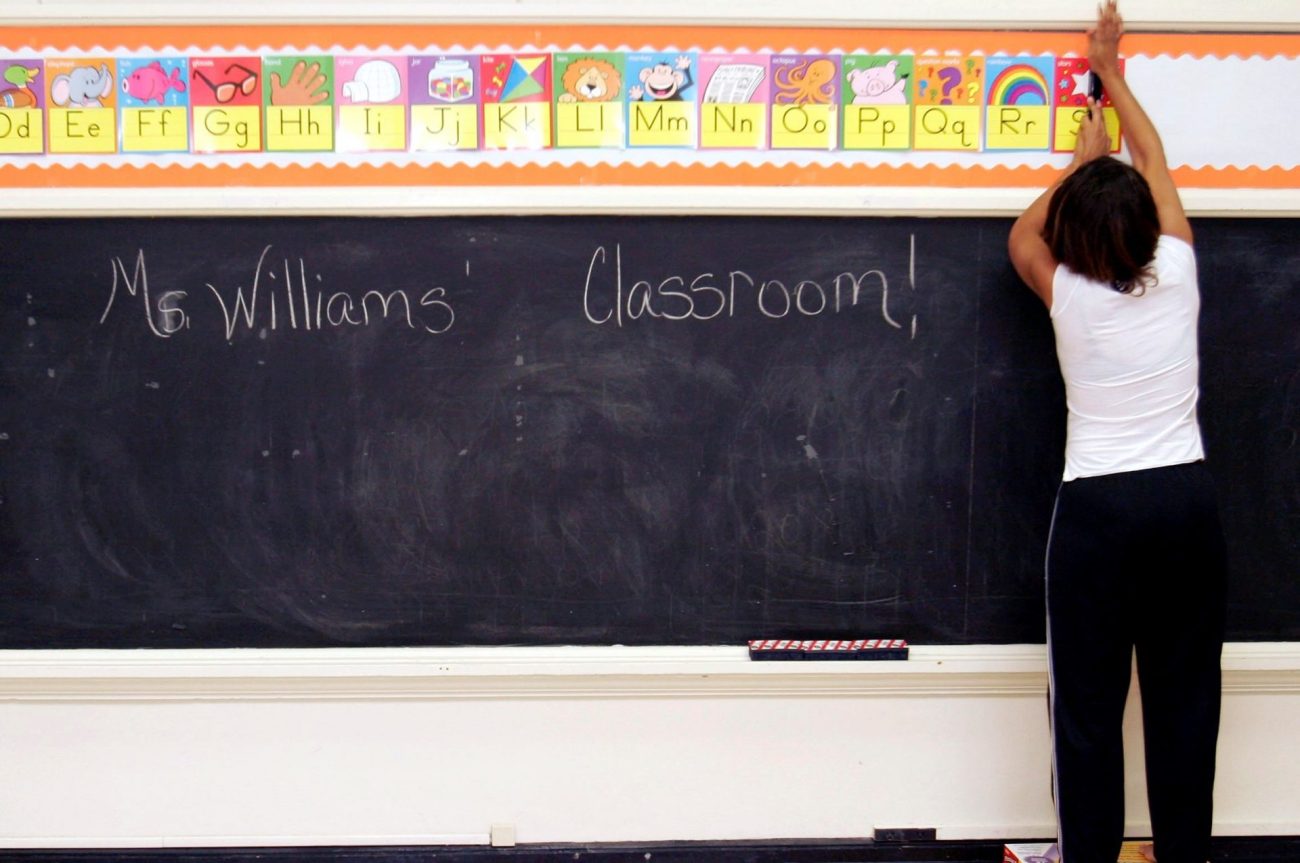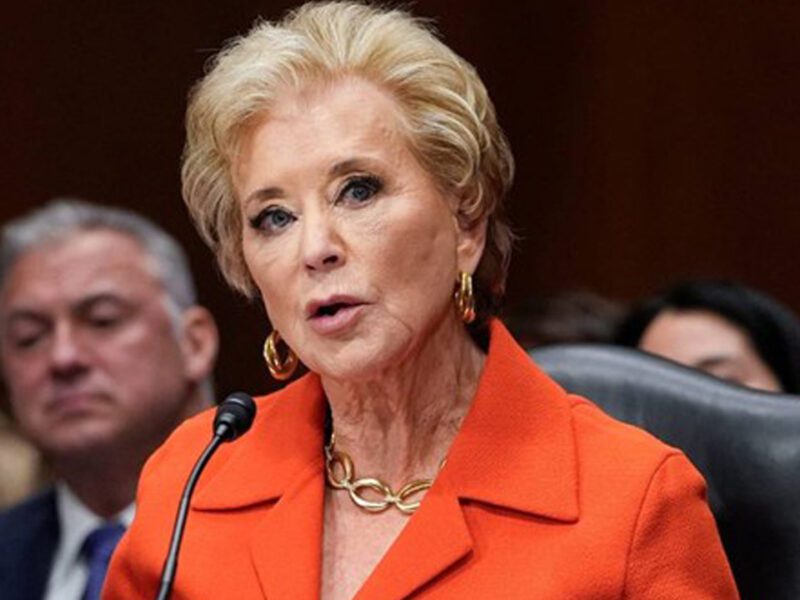FL teacher recruitment, school choice raised on first day of committee meetings
Florida Phoenix | By Danielle J. Brown | January 4, 2023
On the first day of the committee meetings ahead of the 2023 regular legislative session, discussions in education-focused panels were largely introductory, so newer committee members and lawmakers could become familiar with how different spokes of the Florida education system function.
That said, a few points of interest for Florida’s education system were raised throughout Tuesday, such as recruiting new teachers and adjusting funding calculations to accommodate school-choice expansion.
Sen. Lori Berman, a Democrat who represents part of Palm Beach County, asked about the progress of a controversial policy enacted during the 2022 legislative session that allows military veterans to bypass some requirements for a temporary teacher license.
“Do we know how many veterans have applied for the teacher position — or how many teachers have been hired under the waiving of the rules for teaching for veterans?” Berman asked during the Senate Education PreK-12 committee meeting.
Matthew Bouck, staff director for the committee, responded that there have been a couple hundred applicants but only about 10 veterans have hired as teachers. He did not know why there’d been so few.
Berman also requested information about any plans to help to increase the number of enrollees in teacher-training programs. Bouck responded that the Department of Education had some “plans” but provided no details.
During an afternoon House subcommittee meeting on Prek-12 Appropriations, which focuses on the funding and costs of keeping the Florida education system operational, Rep. Josie Tomkow expressed interest in revamping how public-school funds are calculated to accommodate school choice changes.
Tomkow is a Republican who represents part of Polk County and chairs the subcommittee.
The funds involve what’s called the Florida Education Finance Program (FEFP), which steers state and local money for traditional and charter schools. Due to previous legislative expansions to school-choice options, Tomkow suggested the FEFP should be “revamped.”
“The FEFP was established in 1973 as a model to fund public school education. While the overall structure and components of the FEFP have not significantly changed in the past five years, what has changed is our state’s expansion of school choice and, in particular, non-public school choice funded in the FEFP,” Tomkow said.
“For the state to continue to advance the policy of education based on parental choice, the FEFP may need to be revamped to align with this policy. In potentially revamping the FEFP, the categoricals funded in the FEFP may also need to be reviewed.”
“Categoricals” are specific programs within the education system.
But because of the introductory nature of the first committee day in those education groups, specifically which education initiatives are on the docket for the 2023 session and how they could work remained unclear. Future committee meetings may provide clarity.






